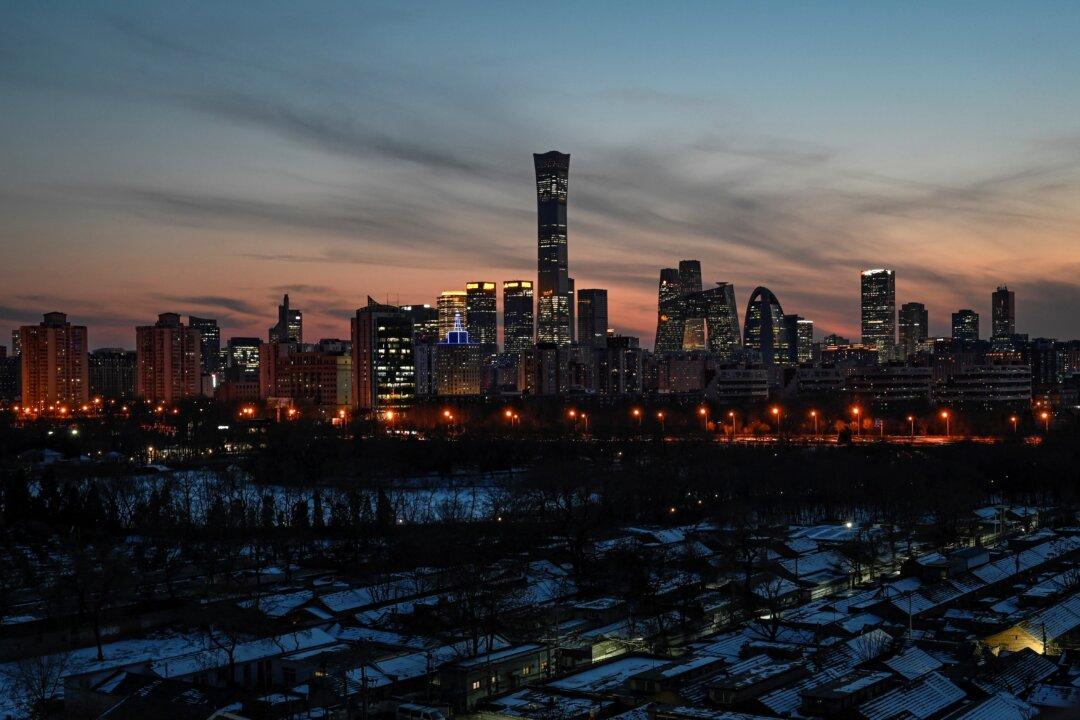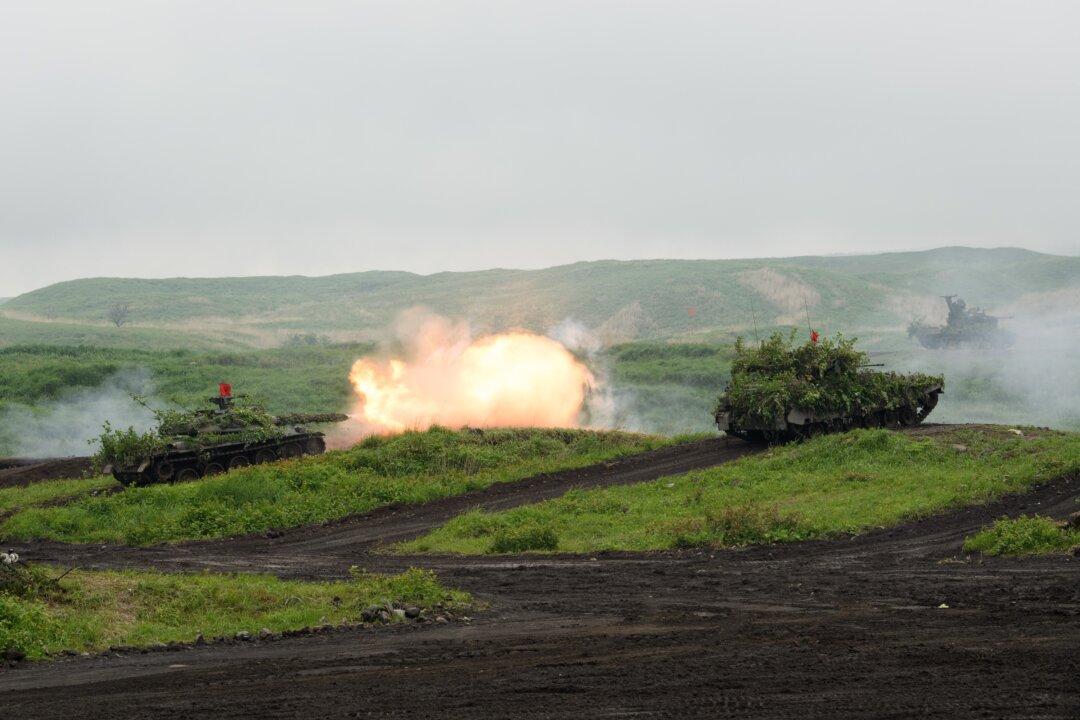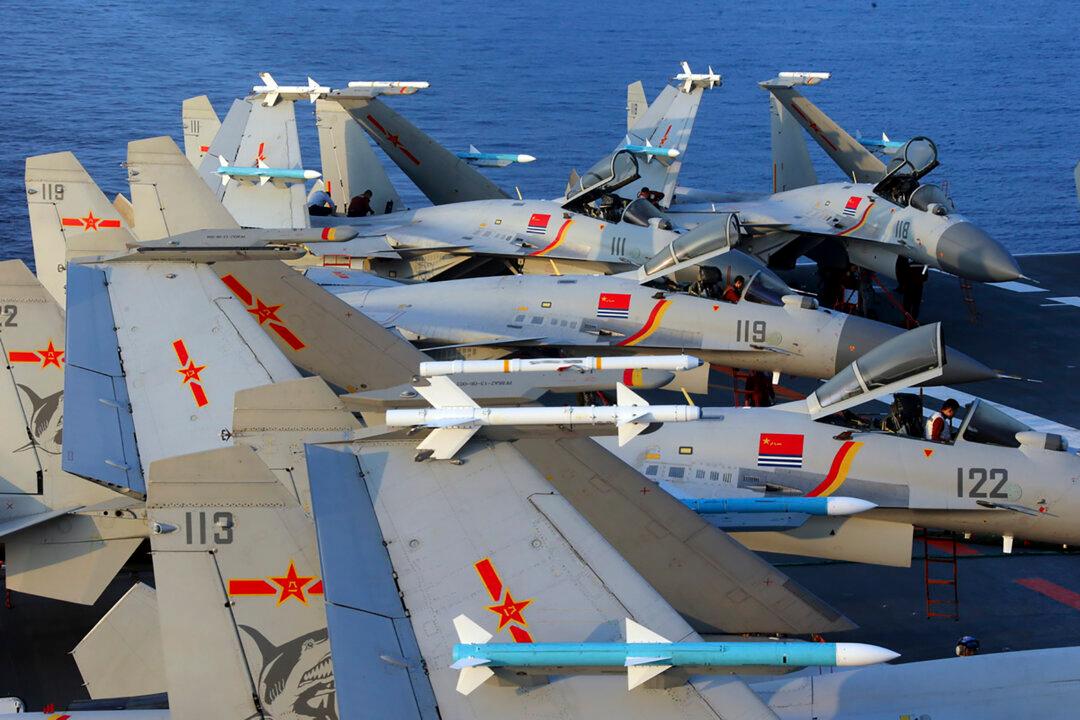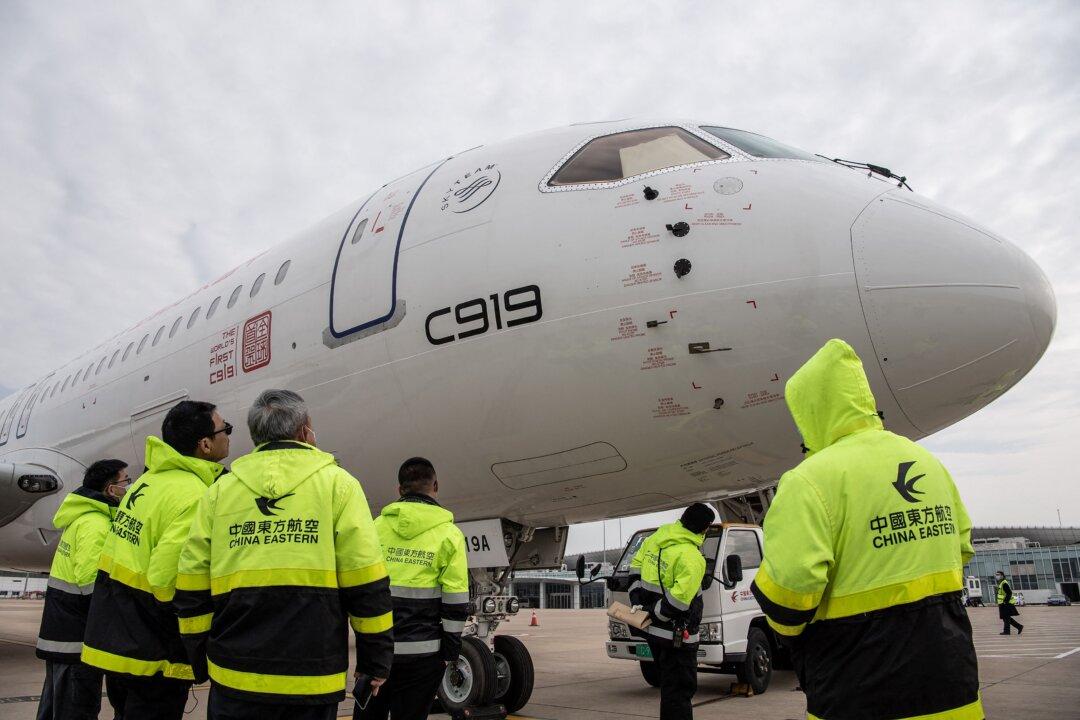Commentary
There have arisen lately two rather interesting and contending schools of thought concerning China’s future as a great power. One says that China has reached its peak and is already settling into a slow process of possibly irrevocable decline. The other school takes the opposite stance, arguing that China’s rise is continuing and has not yet reached its prime.





